Water for...well...watering.
tifflj
11 years ago
Related Stories
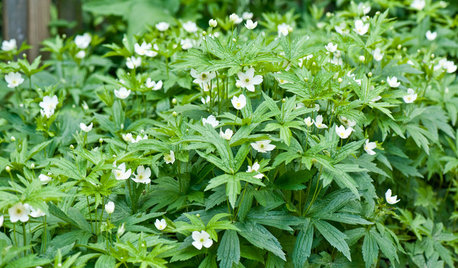
GARDENING GUIDESGreat Design Plant: Anemone Canadensis Adds Pizzazz to Water’s Edges
Plant Canadian anemone along pond, lake or stream edges for a splash of white flowers in late spring
Full Story
TRAVEL BY DESIGN10 North American Homes That Are Fabulously on the Water
Float homes, houseboats and boats serve these view-loving homeowners well
Full Story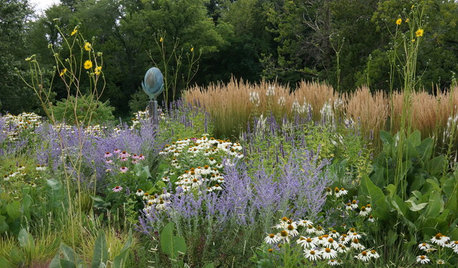
GARDENING GUIDES6 Gorgeous Plant Combos With Low-Water Ornamental Grasses
Use a variety of plant heights, textures and sizes, as well as leaves and flowers in varying colors, for a pleasing design
Full Story
SAVING WATER11 Ways to Save Water at Home
Whether you live in a drought-stricken area or just want to help preserve a precious resource, here are things you can do to use less water
Full Story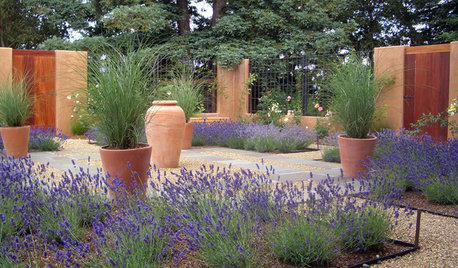
SAVING WATERXeriscape Gardens: How to Get a Beautiful Landscape With Less Water
Conserve water and make gardening much easier with the xeriscape approach’s 7 principles
Full Story
LANDSCAPE DESIGNGet Along With Less Lawn — Ideas to Save Water and Effort
Ditch the mower and lower your water bill while creating a feast for the eyes with diverse plantings and gathering places
Full Story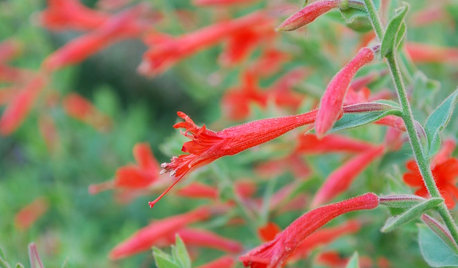
SUMMER GARDENING6 Water-Wise Perennials for Blazing High-Altitude Summers
Scorching weather and high elevations don't have to mean scraggly plantings. These blooms are as gorgeous as they are tough
Full Story
HEALTHY HOMEHow to Choose a Home Water Filtering System
Learn which water purification method is best for your house, from pitchers to whole-house setups
Full Story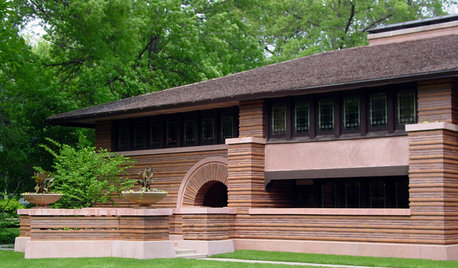
DESIGN DICTIONARYWater Table
A house's water table keeps wetness outdoors and adds architectural interest to a home's design
Full Story0
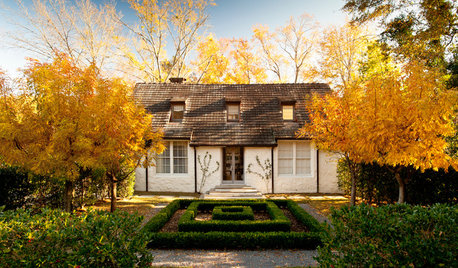
GARDENING GUIDES6 Plants for Colorful Fall Foliage in the Water-Wise Western Garden
Try these colorful, drought-tolerant additions to your garden for a fall season filled with color
Full Story





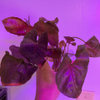
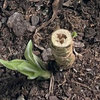

Loveplants2 8b Virginia Beach, Virginia
TheMasterGardener1
Related Professionals
Canton Landscape Architects & Landscape Designers · Eden Prairie Landscape Architects & Landscape Designers · Foothill Ranch Landscape Architects & Landscape Designers · Harvey Landscape Architects & Landscape Designers · Bell Gardens Landscape Contractors · Berkeley Heights Landscape Contractors · Bound Brook Landscape Contractors · Fort Mill Landscape Contractors · Lynn Landscape Contractors · Morrisville Landscape Contractors · Selden Landscape Contractors · Streamwood Landscape Contractors · Sun City Center Landscape Contractors · Vashon Landscape Contractors · North Aurora Landscape Contractorsgaryfla_gw
tapla (mid-Michigan, USDA z5b-6a)
The Ficus Wrangler
Tiffany, purpleinopp Z8b Opp, AL
TheMasterGardener1